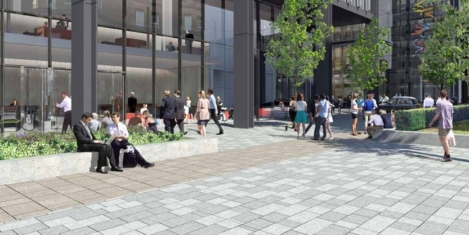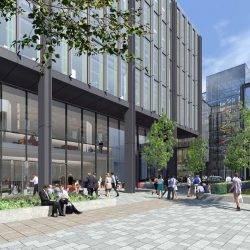November 8, 2016
Work-life balance is especially important to millennials, finds US study 0
 Work-life balance is especially crucial to millennials, with nearly six in 10 members of this generation (57 percent) saying that work-life balance and well-being in a job are “very important” to them. What’s more, millennials — whose propensity for technology has the potential to keep them constantly tethered to work emails and projects — care a lot about having a job that actively promotes their well-being. Results from the US-based Gallup-Healthways Well-Being Index survey shows that millennials are more likely than those of other generations to be thriving in physical well-being and are improving in key areas of health. But it also shows that employees who are thriving in all five elements of well-being are 81 percent less likely than those thriving only in physical well-being to seek out a new employer in the next year. These findings are particularly compelling, considering that millennials are the most likely generation to job-hop.
Work-life balance is especially crucial to millennials, with nearly six in 10 members of this generation (57 percent) saying that work-life balance and well-being in a job are “very important” to them. What’s more, millennials — whose propensity for technology has the potential to keep them constantly tethered to work emails and projects — care a lot about having a job that actively promotes their well-being. Results from the US-based Gallup-Healthways Well-Being Index survey shows that millennials are more likely than those of other generations to be thriving in physical well-being and are improving in key areas of health. But it also shows that employees who are thriving in all five elements of well-being are 81 percent less likely than those thriving only in physical well-being to seek out a new employer in the next year. These findings are particularly compelling, considering that millennials are the most likely generation to job-hop.




































November 4, 2016
Lack of flexible working a major reason for junior staff’s discontent 0
by Sara Bean • Comment, Facilities management, Flexible working, News, Wellbeing, Workplace
(more…)